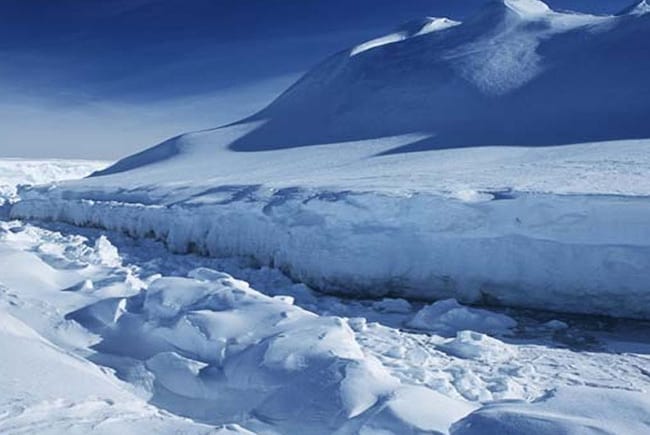
Some challenged Wang and said planting vegetables in Antarctica violates the Antarctic Treaty. (Represerntational Image)
Quick Take
Summary is AI generated, newsroom reviewed.
Chinese surgeon accused of violating Antarctic Treaty
Surgeon claimed he grew vegetables while on expedition to South Pole
Antarctic Treaty prohibits introducing new animals, plants in the region
State-run People's Daily, however, defended Wang Zheng, a doctor who was recruited to conduct scientific investigation in Antarctica, saying he had grown vegetables by applying soil-less culture technology, computer control and automatic irrigation at the Zhongshan research base.
Mr Wang was quoted by official media earlier as saying that researchers in the Antarctica largely live on the food - mostly meat - imported to the region, and the vegetables, cultivated in a small greenhouse make up for the lack of fresh produce in their diet.
However, some challenged Wang and said planting vegetables in Antarctica violates the Antarctic Treaty. "A friend of mine who is an ecologist told me that planting vegetables in an Antarctic research base is against the alien species management rules set by the Antarctic Treaty," said Mr Shoutuo, a science writer, via his Sina Weibo account on Friday.
Appendix B of the Madrid Protocol of the Antarctic Treaty contains clear rules on the introduction of animals and plants to region, and says "domestic" plants can be brought to the region.
Under the Madrid Protocol, growing vegetables in Antarctica is legal, reported news portal guancha.cn. This is not the first time people grew vegetables in an Antarctic research base. On February 24, 2004, the US-based National Science Foundation announced the success of its Antarctic greenhouses in producing fresh produce for researchers.
Mr Wang is an orthopaedic surgeon from Shangrao People's Hospital, who was invited to join the country's 31st Antarctic expedition, starting October 30, 2014.
Mr Wang finished his project and returned to Shanghai in January this year.
Track Latest News Live on NDTV.com and get news updates from India and around the world

